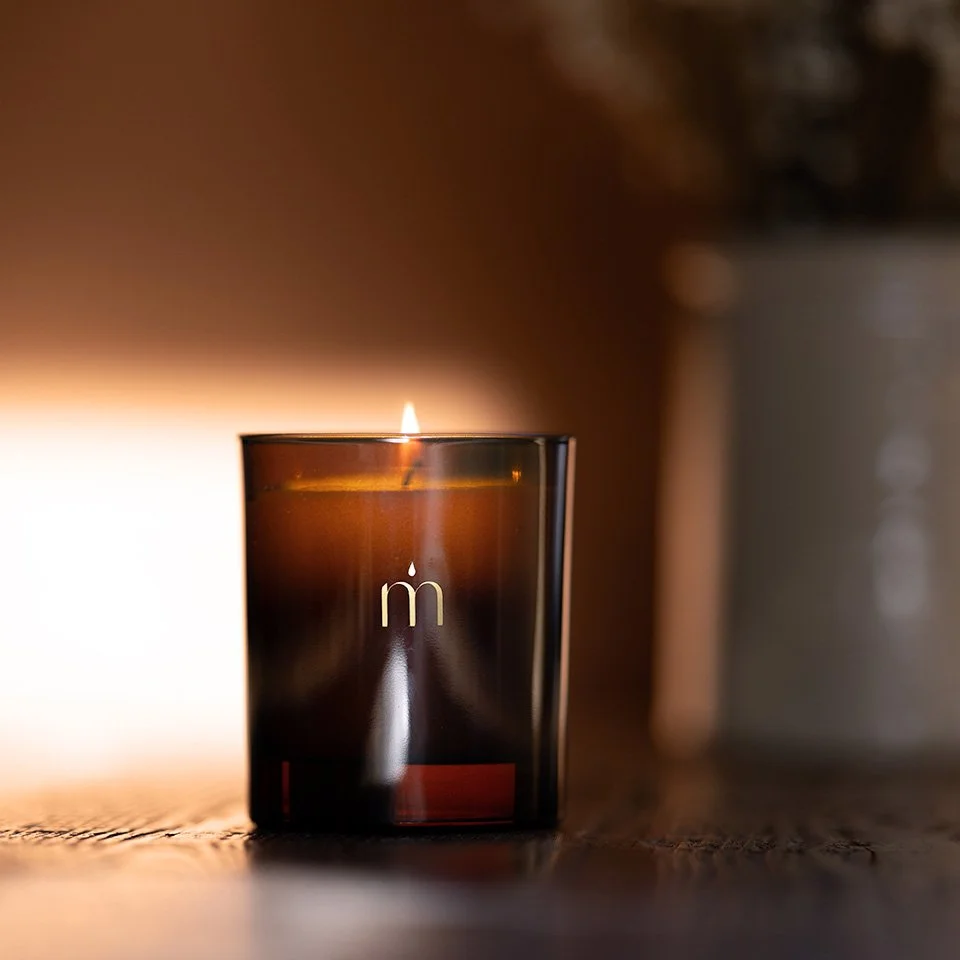Why January Is the Best Month for Home Fragrance!
January is the perfect time to refresh your home — and it’s also one of the best months for home fragrance. As the festive season ends and routines return, scented candles and home fragrances play a key role in creating a calm, cosy, and welcoming space.
From winter-warming scents to mood-boosting aromas, January is when home fragrance truly shines.
Embracing Autumn | Cosy up with Seasonal Candles
There’s something undeniably magical about autumn. The season arrives with its signature charm, crisp air, golden light, and a palette of fiery reds and rustic oranges. It invites us to slow down, layer up, and embrace the cosy comforts of home.
For candle lovers, autumn candles aren’t just seasonal decor, they’re a way to create warmth, calm, and atmosphere during the darker months. As the days grow shorter and nights cooler, we naturally crave comfort. And nothing wraps a room in it quite like the soft glow and rich scent of a beautifully fragranced candle.
Candles, Wax Melts, Reed Diffusers, or Room Sprays: Which Home Fragrance Suits You Best.
There’s nothing quite like walking into a beautifully scented home. The right home fragrance doesn’t just freshen the air, it creates atmosphere, sets the mood, and even tells a story about your space. From candles to wax melts, reed diffusers, and room sprays, each option has its own benefits. And when used together, you can even explore scent layering to create a signature aroma for your home.
The Science Of Scent: How Fragrance Affects The Brain, Mood and Wellbeing.
Written By Jacky Turner
Welcome
I’m so glad you’re here!
As the founder of Mamo’s Candle Co., I started my small business with a simple intention: to create clean, sustainable, and affordable home fragrances that do more than just smell good — they help you feel something.
What began as a creative outlet quickly became a deeper passion. I started to truly understand the emotional power of scent. A single fragrance can calm anxiety, spark a memory, or completely shift the energy of a space.
Your home is your sanctuary, and scent is one of the simplest ways to shape its atmosphere.





